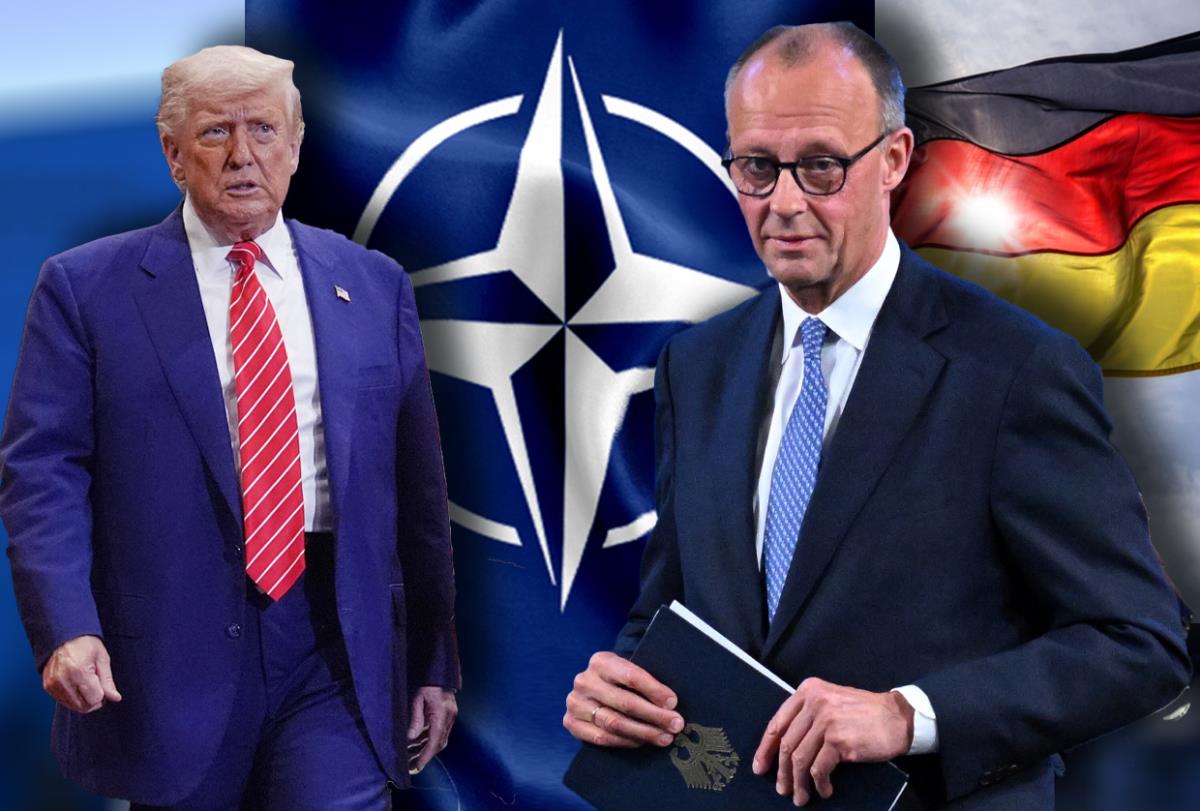The report by German research institutes on peace and conflicts warns of a deteriorating security situation worldwide, including wars in Ukraine, the Gaza Strip, and Sudan, with millions of refugees and numerous violent conflicts. The institutes criticize the US policy under President Donald Trump, noting the rise of authoritarian tendencies and support for dictators, while liberal democracies face right-wing populist movements. The report questions the future of NATO, stating that the transatlantic partnership is under threat, and cooperation with Russia could have negative consequences for European interests. It recommends strengthening European security capabilities and a transparent plan for integrating European defense structures. Particularly concerning are arms deliveries to Israel, which according to the report violate international law, and calls for their suspension. The report also emphasizes the need to respect international law and courts and advises against a visit by German Chancellor Netanyahu due to charges against him. It calls for the recognition of the Palestinian state as part of a lasting solution to the conflict, while preserving Israel’s right to secure borders.
Political Perspectives:
Left: Left-leaning sources emphasize the criticism of militarization and arms exports, particularly highlighting the call to stop arms deliveries to Israel due to violations of international law. They focus on the erosion of international law, human rights concerns, and the need for peaceful conflict resolution. The report’s warnings about authoritarian tendencies and the undermining of liberal democracies are also stressed.
Center: Center-leaning sources present a balanced view of the report, acknowledging the deteriorating global security situation and the challenges facing NATO and transatlantic relations. They highlight the recommendations for strengthening European defense capabilities and the importance of respecting international law. The report’s critique of US policy under Trump and the complex geopolitical dynamics involving Russia are noted without strong partisan framing.
Right: Right-leaning sources may focus on the criticism of US policy under Trump as destabilizing but might downplay the calls to halt arms deliveries to Israel, emphasizing the importance of supporting allies and maintaining strong defense partnerships. They may stress the threat posed by authoritarian regimes and the need for robust military alliances like NATO, while being cautious about weakening transatlantic ties.


















